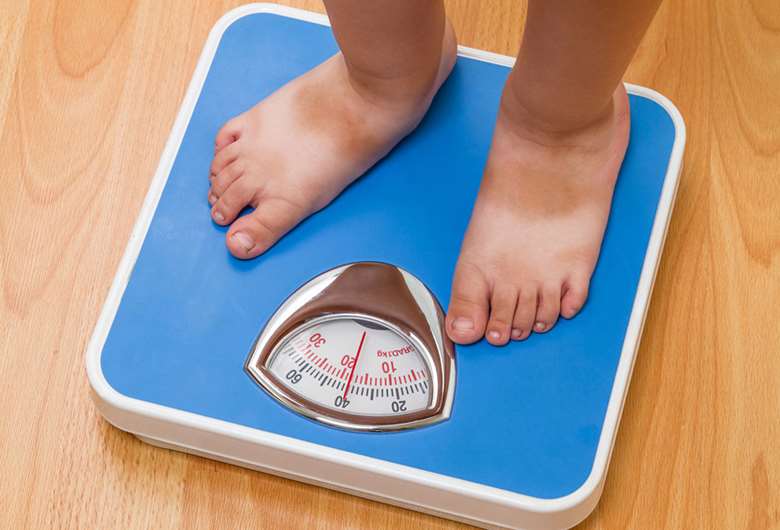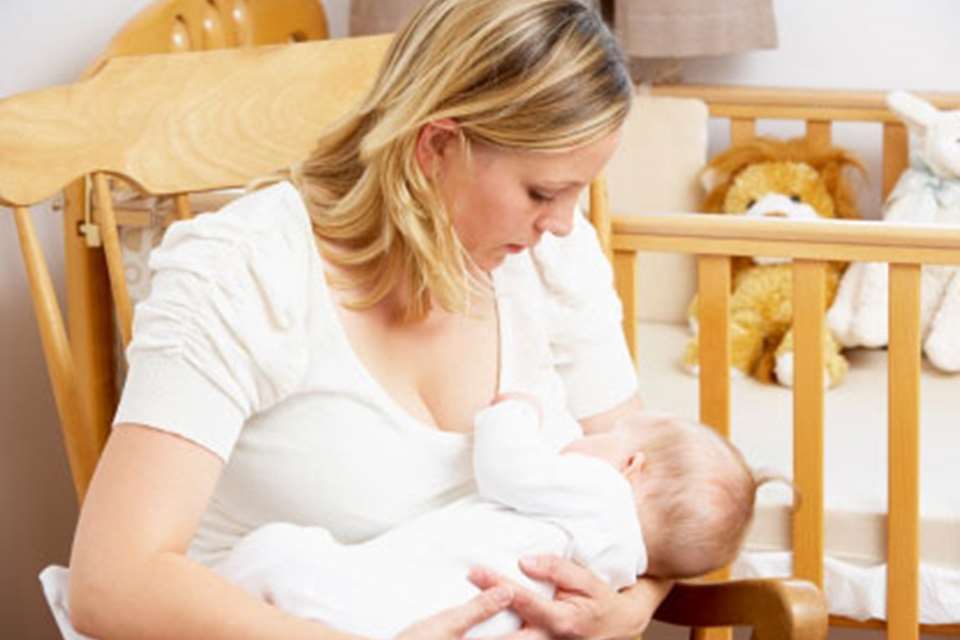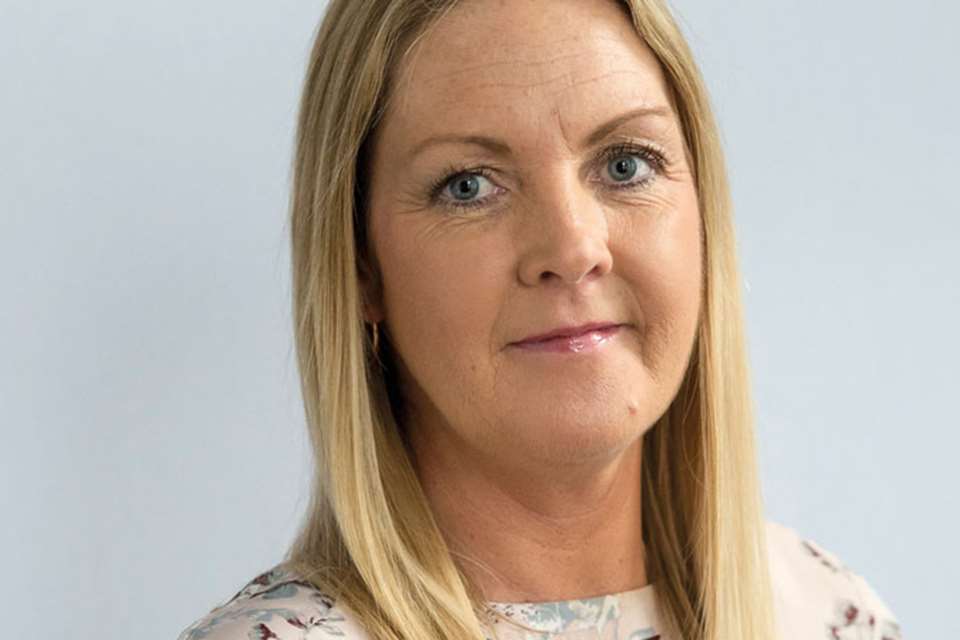Children's health in UK a 'major cause for concern'
Thursday, January 26, 2017
A landmark report into the state of child health in the UK reveals ‘stark inequalities’, rising death rates, obesity and ill-health.

The Royal College of Paediatrics and Child Health (RCPCH) report, published today, warns that children’s health in the UK is in jeopardy, with higher child death rates, obesity and ill-health than in many European countries. It says particularly troubling is the ‘stark inequalities’ in child health between the rich and the poor that have widened in the last five years.
According to The State of Child Health, nearly one in five children in the UK is living in poverty and inequality is blighting their lives, with those from the most deprived backgrounds experiencing ‘much worse’ health compared with the most affluent.
The report is the first to bring together data on 25 measures of the health of UK children, ranging from conditions such as asthma, diabetes and epilepsy, risk factors for poor health such as obesity and a low rate of breastfeeding, to child deaths.
It comes seven years after the Government-commissioned Marmot Review – Fair Society, Healthy Lives, which put forward a number of strategies to reduce health inequalities in England.
While the RCPCH says some improvements to the health of UK children have been made over the last decades, there is ‘clear disparity’ with Europe, and major cause for concern.The report shows that:
- the UK has the fifth highest mortality rate for babies under the age of one out of 19 European countries. Infant mortality is more than twice as high in the lowest than the highest socio-economic groups;
- the prevalence of smoking during pregnancy in the UK is higher than in many European countries. Women in the most deprived areas are more likely to smoke. Smoking in pregnancy increases the likelihood of death, disability and disease;
- the number of women that breastfeed in England and Scotland remains lower than many other comparable high-income countries, with minimal improvement since 1975. At six months, only 34 per cent of babies in the UK are wholly or partially breastfed, compared to 71 per cent in Norway. Mothers in more affluent areas are more likely to breastfed than those in deprived areas;
- across England, Scotland and Wales more than one in five children in reception class are overweight or obese. In 2015/16, 40 per cent of children in England’s most deprived areas were overweight or obese, compared to 27 per cent in the most affluent areas.
It goes on to call for each government – Scotland, Wales, Northern Ireland and England – to develop a child health and well-being strategy, and consider children’s health in all policymaking.
The report also wants public health cuts in England, which it says are disproportionately’ affecting children’s services, to be reversed, and for the UK Government to introduce a ban on the advertising of foods high in saturated fat, sugar and salt in all broadcast media before 9pm.
Other recommendations include – expanding national programmes measuring children’s health and weight; developing national public health campaigns to promote good nutrition and exercise before, during and after pregnancy; and for the UK Government to extend the smoking ban to schools, playgrounds and hospitals.
Professor Neena Modi, President of the RCPCH, said, ‘The health of infants, children and young people in the UK has improved considerably over the last 30 years. Many will lead happy and healthy lives. But seven years after the Marmot Review it is tragic that the future health and happiness of a significant and growing number is in jeopardy because of an alarming gap between rich and poor.
‘Children living in the most deprived areas are much more likely to be in poor health, be overweight or obese, suffer from asthma, have poorly managed diabetes, experience mental health problems, and die early.
'Poor health in infancy, childhood, and young adult life will ultimately mean poor adult health, and this in turn will mean a blighted life and poor economic productivity. The UK is one of the richest countries in the world; we can and must do better, for the sake for each individual, and that of the nation as a whole.’
A Government spokesperson said, 'Tackling health inequalities and poverty are top priorities for this Government – we want to help children lead healthier lives and have seen 100,000 children taken out of relative poverty since 2010. Our social reform work, led by the Prime Minister, will increase social mobility and make Britain a country that works for everyone.
'We have taken tough action to give children the best start in life — by banning smoking in cars with children, introducing a Soft Drinks Industry Levy and publishing a comprehensive childhood obesity strategy. Over the next five years we will also invest more than £16 billion in local government public health services.'










